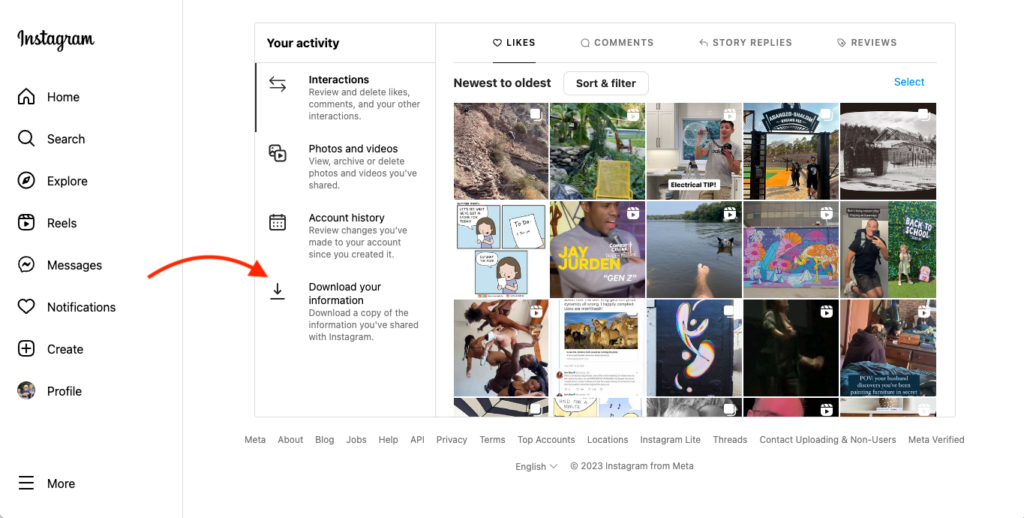Now Reading: Why People Skip Vacations: Understanding the Modern Work-Life Dilemma
-
01
Why People Skip Vacations: Understanding the Modern Work-Life Dilemma
Why People Skip Vacations: Understanding the Modern Work-Life Dilemma

Taking a break should be refreshing, yet many Indians, especially in Tier-2 cities, find themselves skipping vacations year after year. Work pressure, financial concerns, and social expectations often keep people chained to their routines. The decision to forgo travel is rarely simple and reflects deeper patterns in how modern life prioritizes productivity over personal well-being. Understanding these reasons can help address the growing gap between rest and responsibility.
Work Pressure and Career Concerns
One of the main reasons people skip vacations is fear of falling behind at work. Deadlines, project responsibilities, and the need to stay visible in professional circles often make employees hesitant to take extended leave. In smaller cities, where competition is high and opportunities may feel limited, many prefer to stay constantly engaged to safeguard their careers.
Financial Constraints
Vacations involve costs for travel, accommodation, and daily expenses. For many families in Tier-2 cities, budgeting for a trip can feel like a luxury. People often prioritize savings for emergencies, education, or household needs over leisure, even if they recognize the mental health benefits of a break.
Social and Family Responsibilities
Cultural expectations also play a role. Family commitments, festivals, and social obligations frequently coincide with potential vacation periods. Individuals may choose to stay home to fulfill responsibilities rather than take time off, feeling guilty about leaving tasks or relatives behind.
Technology and Constant Connectivity
Smartphones and work emails have made it harder to disconnect, even when away. Many employees worry that taking leave will result in urgent work piling up or missing important updates. The inability to fully unplug diminishes the appeal of vacations and reinforces the habit of skipping breaks.
Health Implications
Skipping vacations can increase stress and burnout, reducing productivity and affecting physical and mental health. Short breaks help recharge energy, improve focus, and strengthen personal relationships, yet many continue to overlook these benefits in favor of work or other obligations.
Conclusion
People skip vacations for a mix of professional, financial, social, and technological reasons. In Tier-2 cities, these factors are magnified by limited resources and high expectations. Recognizing the importance of rest and planning breaks thoughtfully can help individuals reclaim balance, improve well-being, and ultimately return to work more focused and energized

























